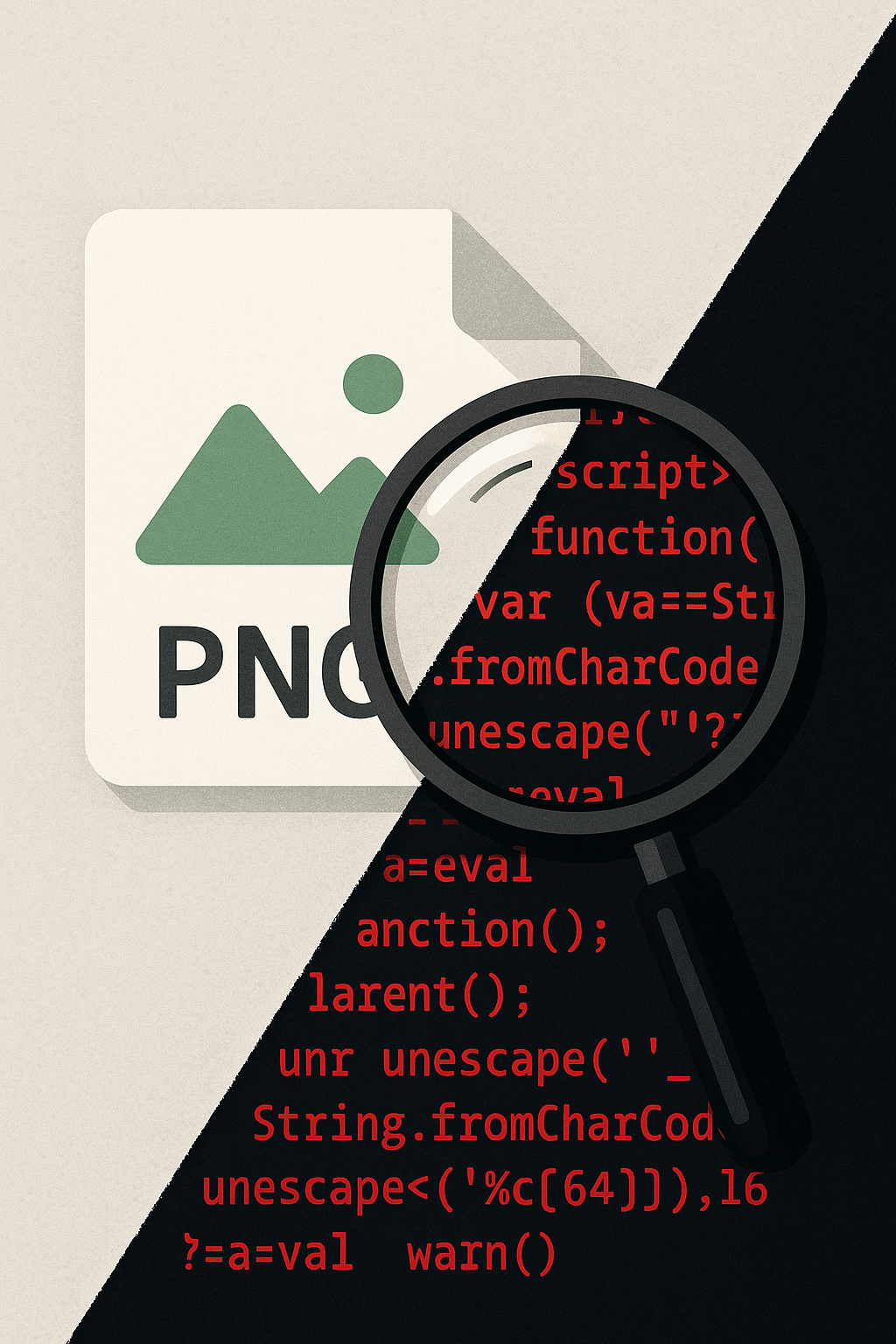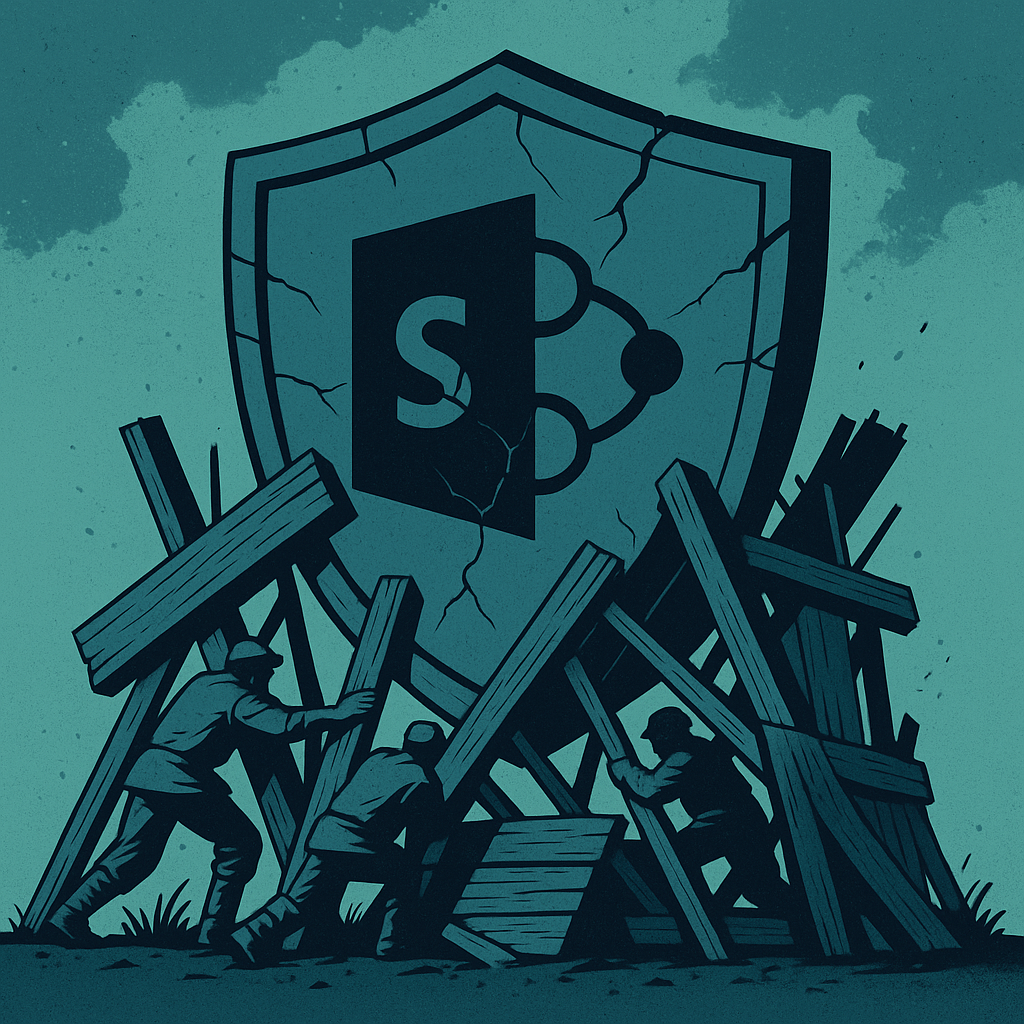By: Derek OdiorneIn today’s interconnected world, supply chains form the backbone of the food and beverage industry. From sourcing raw materials to production, packaging, and distribution, every step relies on digital systems for efficiency, accuracy, and speed. However, this increased reliance on technology has made supply chains prime targets for cyberattacks. Disruptions caused by breaches, ransomware, or other malicious activities can result in production delays, compromised safety standards, and significant financial losses. Securing the supply chain is no longer an option—it’s a necessity for business continuity and resilience.
How Cyber-Attacks Can Disrupt Supply Chains
Cybercriminals often target supply chains because of their vast and complex nature. A single weak link—whether a third-party supplier, software system, or unprotected IoT device—can provide attackers with access to the broader network, leading to widespread disruption.
Ransomware is one of the most common threats to supply chains. Attackers infiltrate systems, encrypt critical data, and demand a ransom for its release. For food and beverage companies, this could mean production line downtime, delayed deliveries, or failure to meet quality control measures. Each delay impacts the entire chain, causing ripple effects that result in lost revenue, spoiled inventory, and damaged customer relationships.
Phishing attacks targeting employees or suppliers can also wreak havoc on supply chains. A successful phishing attempt can allow attackers to gain unauthorized access to procurement systems, manipulate supplier data, or compromise payment processes. This could lead to incorrect shipments, fraudulent invoices, or theft of sensitive supplier and client information.
In addition to financial loss, cyberattacks pose a threat to safety and compliance. Many food and beverage businesses rely on automated systems and IoT devices to monitor temperature, quality, and safety standards. If these systems are compromised, the integrity of food products could be jeopardized, leading to health risks and regulatory violations.
Strategies for Securing Supply Chain Operations
Protecting the food and beverage supply chain requires a proactive and layered approach to cybersecurity. Implementing the following strategies can help businesses mitigate risks and ensure that operations remain secure and uninterrupted.
1. Conduct Comprehensive Risk Assessments
The first step in securing the supply chain is understanding where vulnerabilities exist. Regular risk assessments help identify weak points across internal systems, external vendors, and third-party software platforms. By evaluating the security posture of each entity within the supply chain, businesses can prioritize improvements and mitigate potential risks before they are exploited.
2. Secure Third-Party Vendors and Partners
Many cyberattacks originate through third-party suppliers or vendors with inadequate security measures. Businesses must vet all partners for cybersecurity compliance, ensuring that they meet baseline security standards. This includes enforcing strong access controls, data encryption, and secure communication practices. Implementing contracts that mandate adherence to cybersecurity policies can help align vendors with your organization’s security goals.
3. Implement Network Segmentation
Network segmentation reduces the risk of lateral movement during a cyberattack. By dividing the supply chain network into isolated segments, businesses can contain breaches and prevent attackers from gaining access to critical systems. For example, separating production systems, logistics platforms, and supplier portals ensures that a compromise in one area doesn’t affect the entire operation.
4. Protect IoT Devices and Automation Systems
IoT devices play a significant role in modern supply chains, monitoring everything from food safety to delivery tracking. However, these devices can often be overlooked in cybersecurity strategies. Businesses must secure IoT devices by ensuring they are configured properly, patched regularly, and protected with encryption and strong authentication. Monitoring for suspicious activity across connected devices is also essential for detecting potential threats early.
5. Strengthen Employee Awareness and Training
Human error remains one of the leading causes of cyber incidents. Employees must be trained to recognize phishing attempts, securely manage credentials, and follow best practices for handling sensitive supply chain data. Regular cybersecurity training, combined with simulations of real-world scenarios, ensures that employees remain vigilant and prepared to respond to threats.
6. Deploy Advanced Monitoring and Incident Response Plans
Continuous monitoring of supply chain systems helps identify and respond to suspicious activity in real time. Security Information and Event Management (SIEM) tools, combined with automated alerts, can detect anomalies and prevent small issues from escalating. Additionally, having a well-documented incident response plan ensures that your team can quickly contain breaches, restore operations, and minimize downtime in the event of an attack.
7. Use Zero-Trust Security Principles
Zero-trust security assumes that no user or system, whether internal or external, should be trusted by default. Implementing zero-trust principles—such as multi-factor authentication (MFA), least-privilege access, and continuous validation—ensures that only authorized users and devices have access to critical supply chain systems.
The Importance of Proactive Supply Chain Security
The food and beverage supply chain is a critical part of ensuring businesses meet consumer demands while maintaining quality and safety standards. A single cyberattack can disrupt production, cause financial strain, and jeopardize customer trust. By investing in cybersecurity measures like risk assessments, third-party management, and IoT security, businesses can build resilience against evolving cyber threats.
At iFlock Security Consulting, we specialize in identifying and addressing supply chain vulnerabilities to protect operations from disruption. Whether it’s testing your existing systems or implementing stronger safeguards, our team ensures your supply chain remains secure, reliable, and compliant.
Cyberattacks will only grow more sophisticated, but with the right cybersecurity strategies in place, businesses can stay ahead of the threats and keep their supply chains running smoothly.
For assistance in securing your operations, contact us at 1-833-4-HAXORS or visit iflockconsulting.com.
Subscribe To Our Newsletter
Get updates and learn from the best
More To Explore


